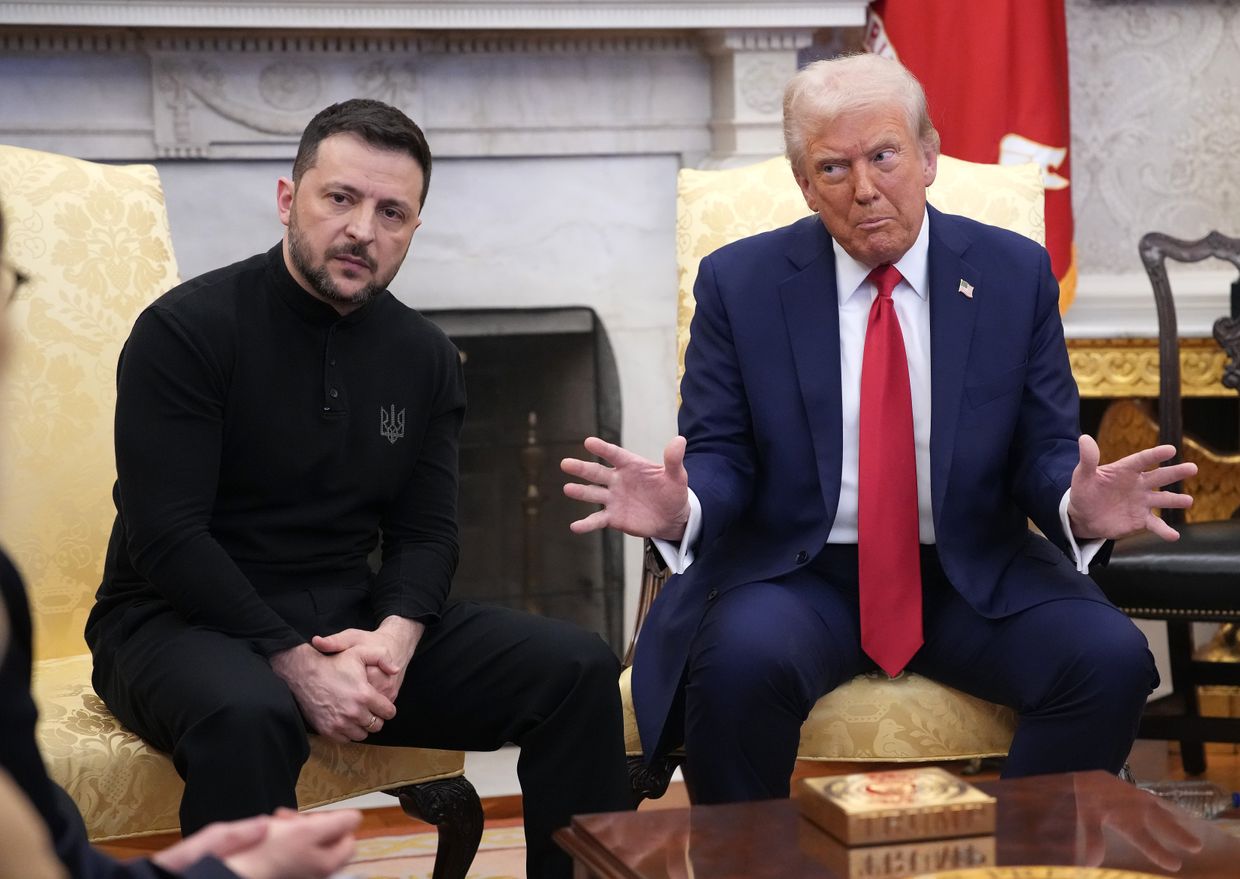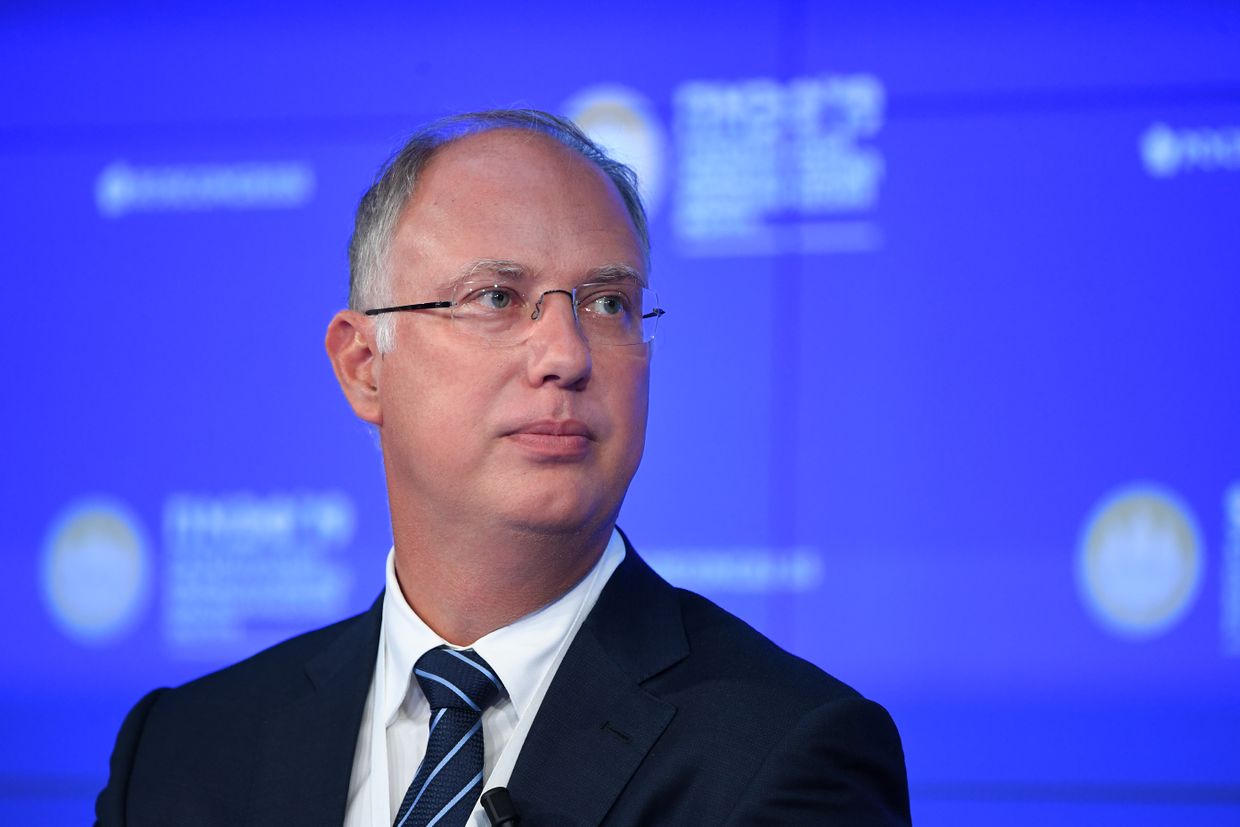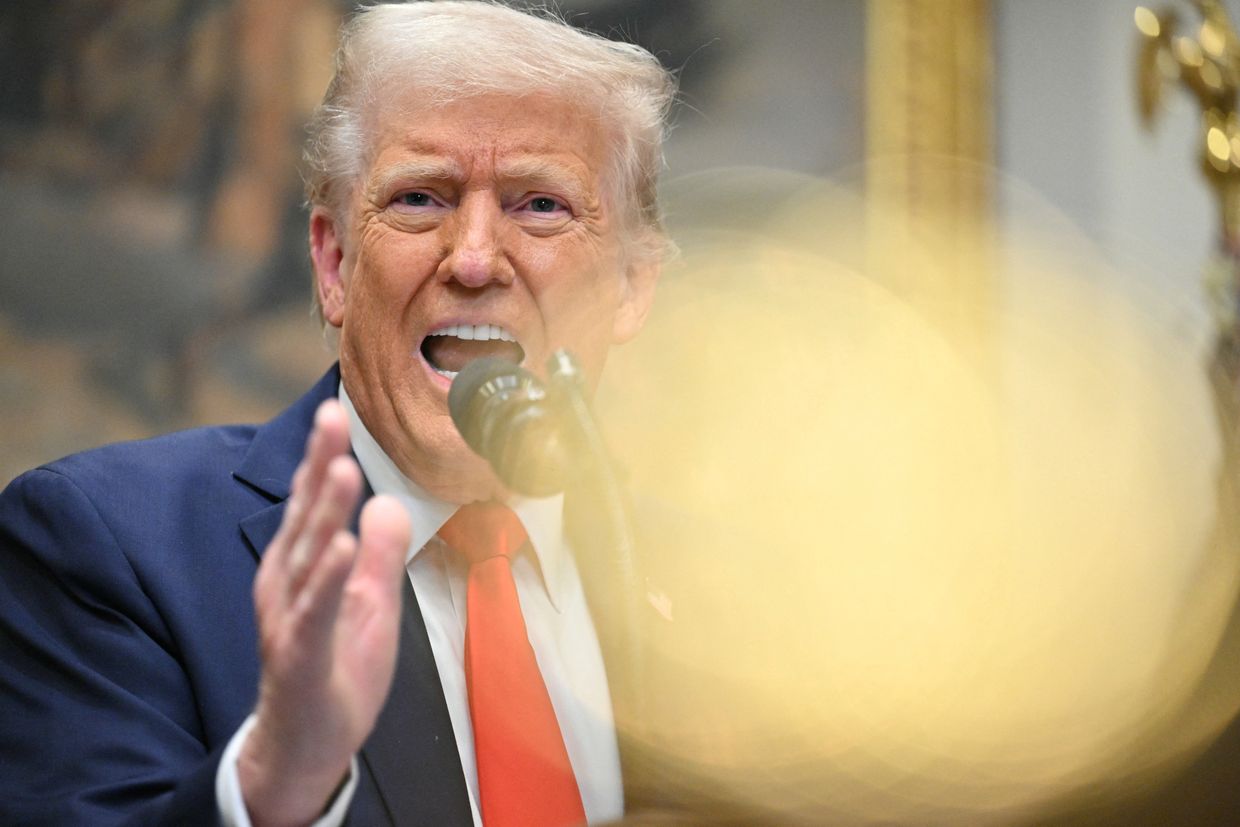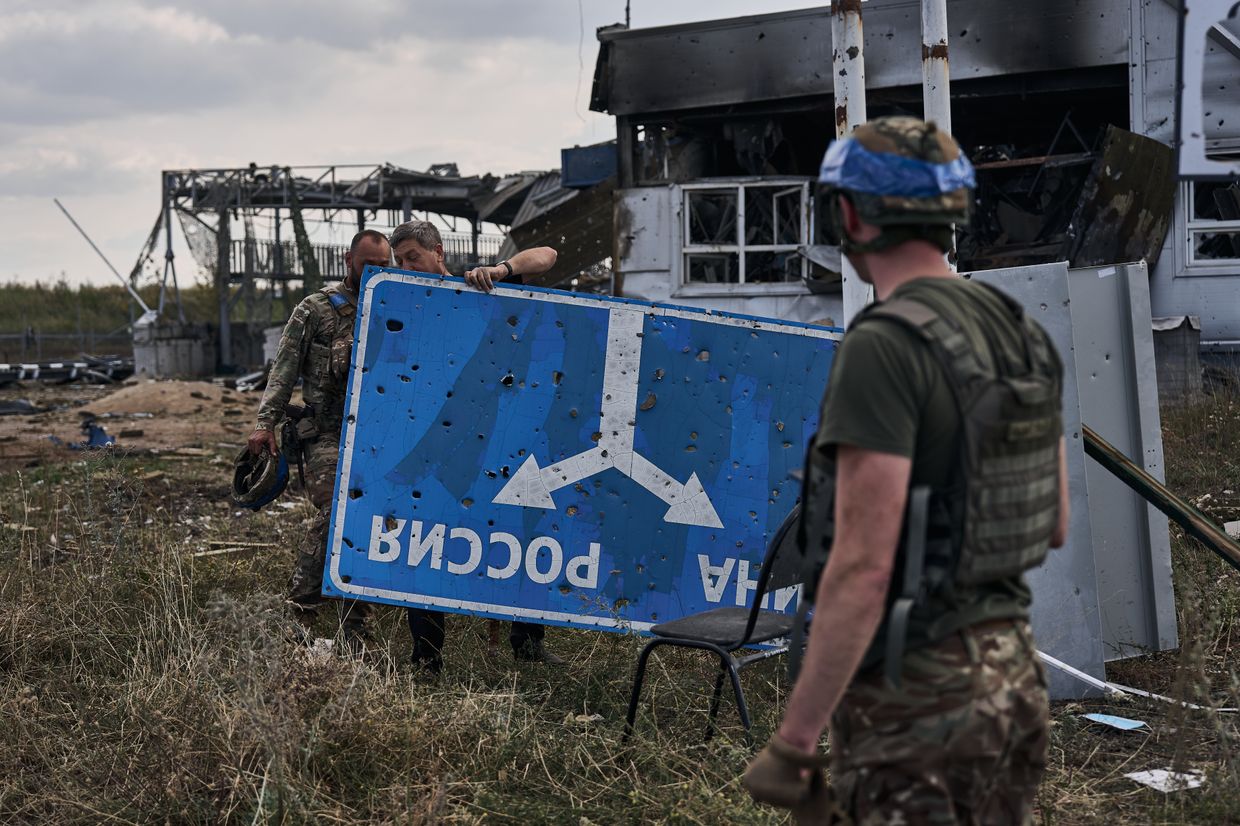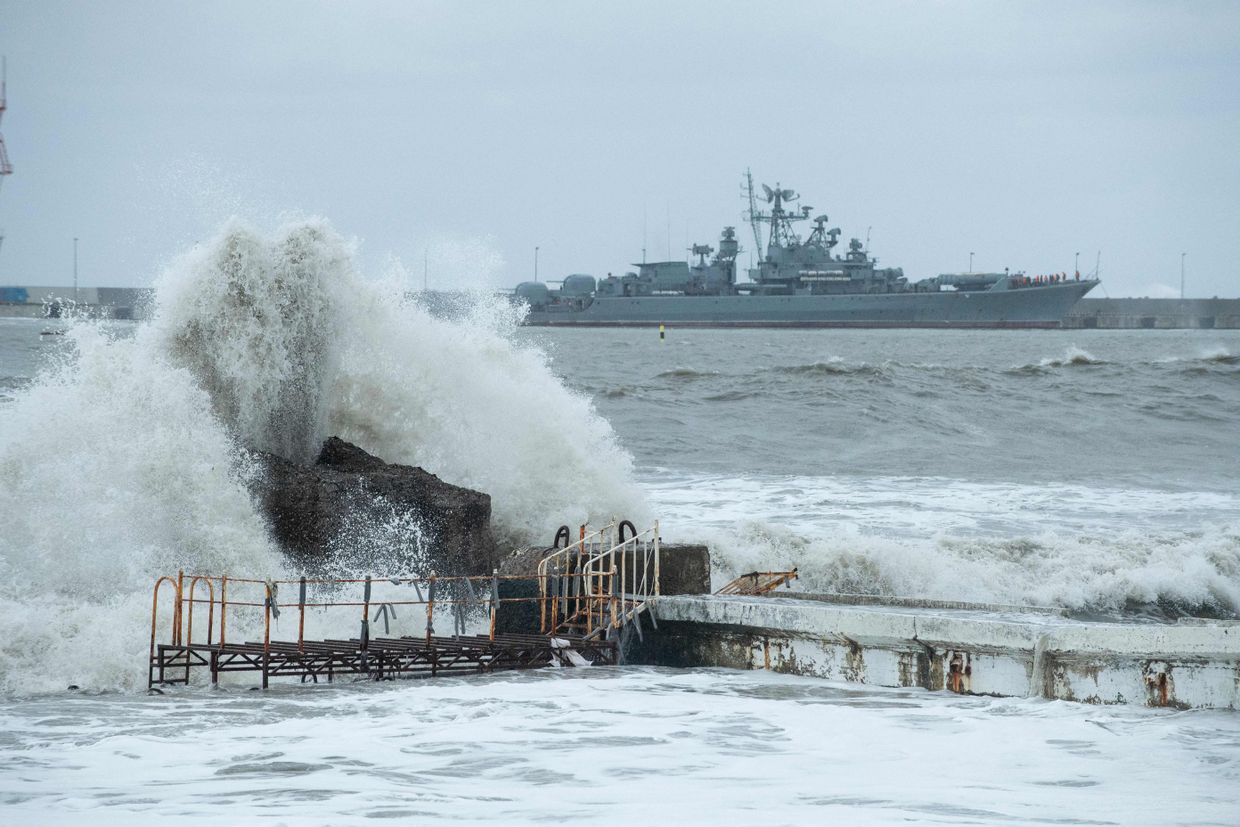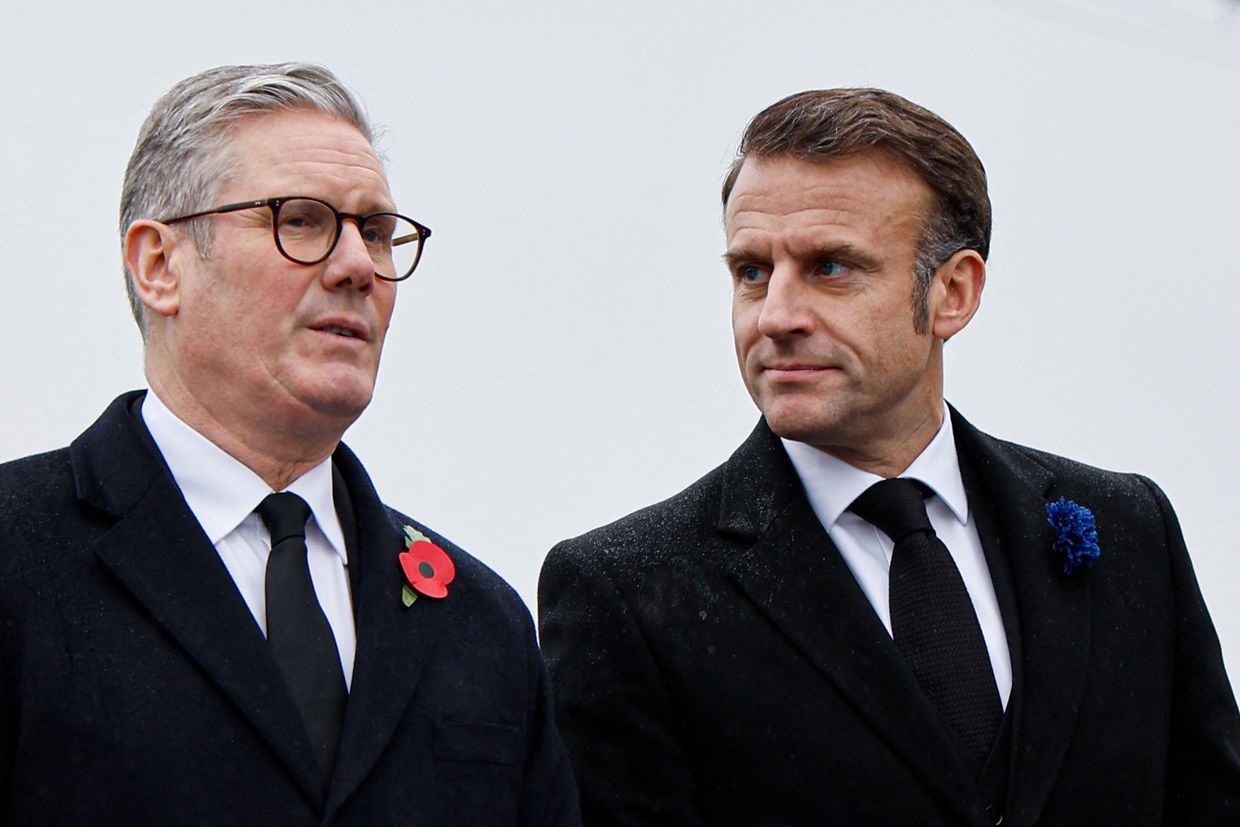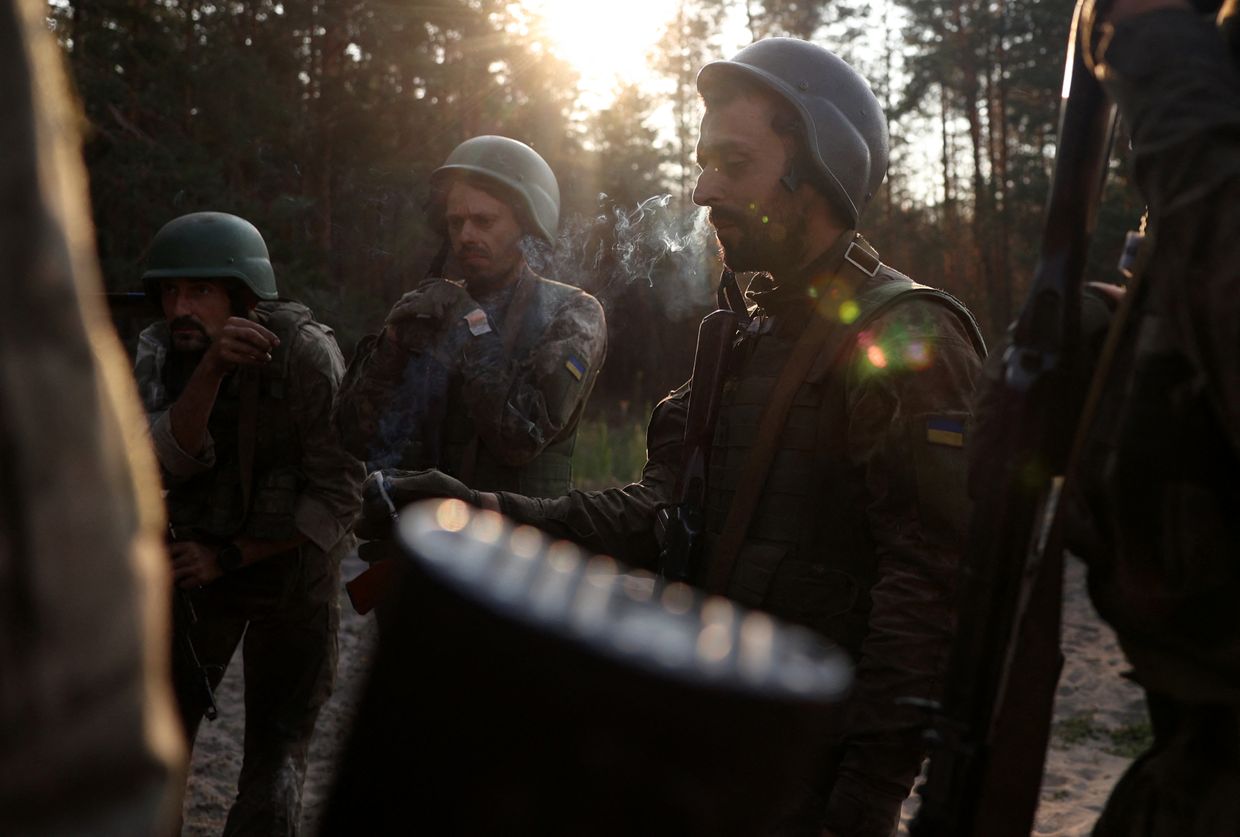Editor's note: The article was updated with reporting that Kirill Dmitriev had met Steve Witkoff.
Russian negotiator Kirill Dmitriev met with Steve Witkoff, U.S. President Donald Trump's special envoy to the Middle East, at the White House on April 2, Reuters reported.
Dmitriev, who heads the state-controlled Russian Direct Investment Fund, played a role in backchannel diplomacy between Moscow and Trump when he was first elected president in 2016. He was appointed by Russian President Vladimir Putin as his representative for foreign economic relations and was involved in early U.S.-Russian negotiations in Riyadh in February.
The U.S. temporarily lifted sanctions on Dmitriev to grant him a visa, making him the first high-level Russian official to visit the U.S. since Russia's full-scale invasion of Ukraine in 2022, according to CNN and CBS News journalist Sara Cook.
Both Dmitriev's representatives and the U.S. government declined to comment on the visit when approached by CNN. Kremlin spokesperson Dmitry Peskov confirmed the trip was possible.
It was not clear what Dmitriev and Witkoff discussed.
Dmitriev's visit comes as Trump has threatened to impose secondary oil tariffs on Russia if a peace deal is not reached. Trump on April 2 announced a 10% baseline tariff on all imports into the country, with Russia and Belarus are not included on the list, according to charts provided by the White House.
This is likely because, since 2022, trade and economic relations between the United States and both countries have been governed by sanctions and special restrictions. As a result, tariff policy is no longer reciprocal but driven by sanctions.
Dmitriev is active on X, a platform banned in Russia, where he has expressed support for Trump and tech billionaire Elon Musk, a known Trump ally.
His visit signals the Trump administration's push to restore ties with Moscow amid efforts to broker a swift peace deal in Ukraine.
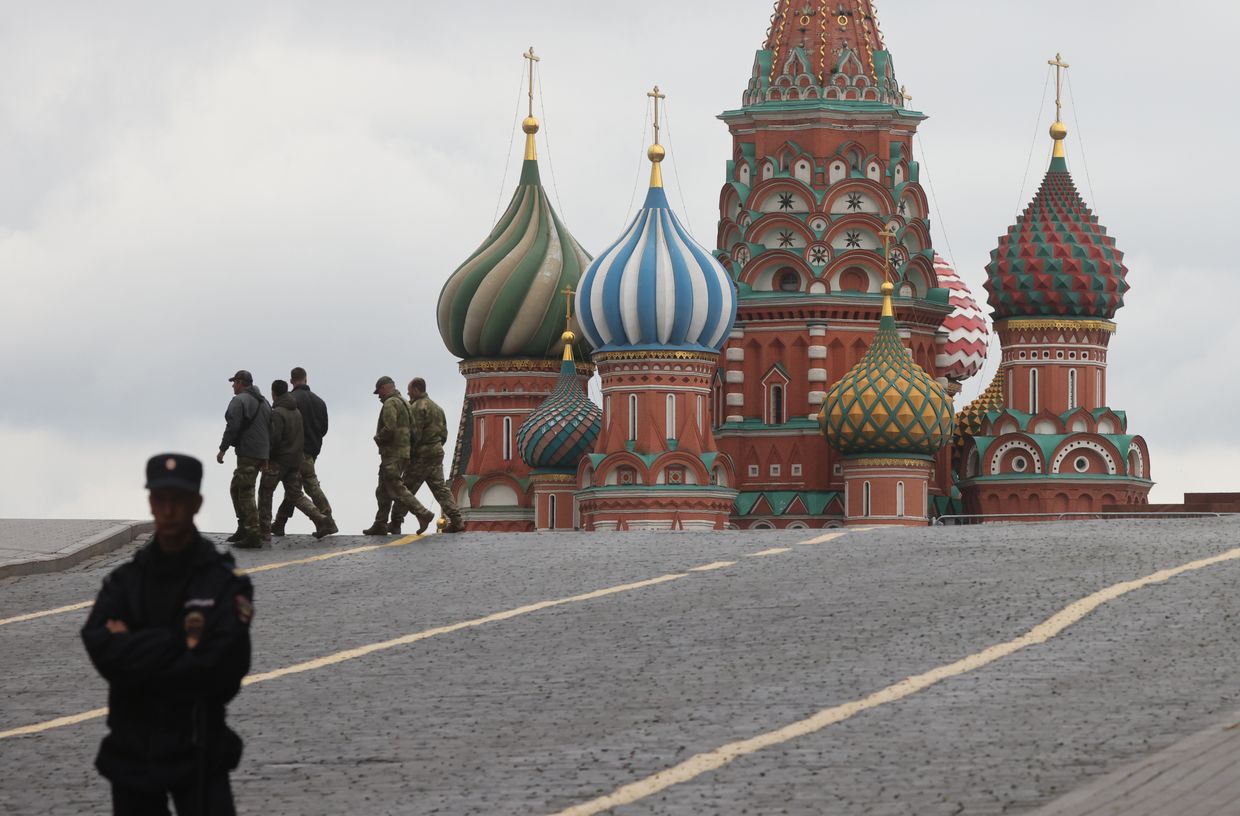
Dmitriev claimed on March 31 that Washington and Moscow were discussing potential economic cooperation, particularly in the extraction of Russia's rare earth minerals.
Trump's presidency has marked a shift in Washington's Ukraine policy, with no new aid packages approved for Kyiv and previously allocated assistance temporarily frozen on March 4 to pressure Ukraine into negotiations.
The U.S. and Ukraine agreed to a full ceasefire on March 11, but Russia rejected it, accepting only a limited truce on strikes against energy infrastructure and military operations in the Black Sea.
Kyiv has since accused Moscow of violating the energy ceasefire, while the Black Sea truce remains uncertain as Russia links its continuation to sanction relief.
While Trump has repeatedly praised his relationship with Putin, he took a more critical tone on March 30, accusing Moscow of stalling ceasefire talks and fixating on President Volodymyr Zelensky's credibility.
